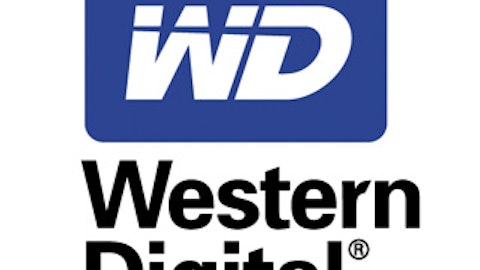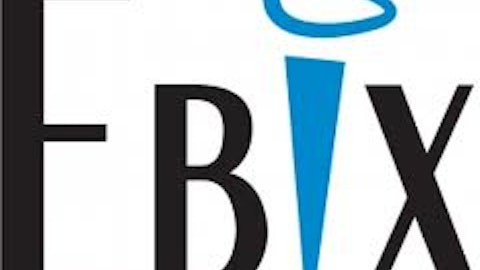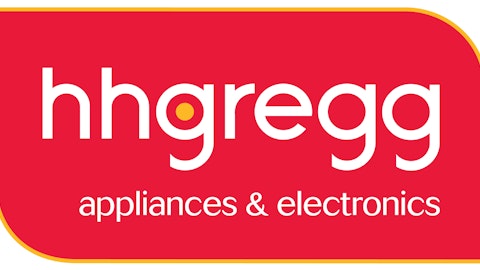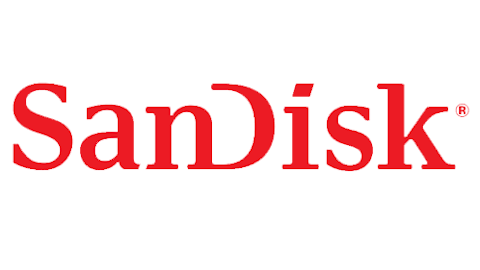For many years, analysts have been predicting the eventual demise of hard-disk drive companies because of the increasing adoption of solid-state drives, or SSDs, eventually rendering hard-disk drives, or HDDs, obsolete.
SSDs are faster, battery-saving, and are insensitive to vibrations, making them a better fit for mobile devices. Thus, the thinking goes, as more consumers shift from PCs to mobile, HDDs will eventually be phased out sooner rather than later.
This helps explain why the two largest HDD companies in the world – Seagate Technology PLC (NASDAQ:STX) and Western Digital Corp. (NASDAQ:WDC) – have been trading at relatively low valuations during the past few years despite solid track records.
| Company | Seagate | ||||
| Date | 2008 | 2009 | 2010 | 2011 | 2012 |
| P/E (ttm) | 8 | 0 | 4 | 15 | 4 |
| P/FCF | 7 | 27 | 5 | 18 | 4 |
| P/S R | 0.8 | 0.5 | 0.6 | 0.7 | 0.7 |
| EV/REVENUE | 0.8 | 0.6 | 0.6 | 0.7 | 0.8 |
| EV/EBITDA | .5 | 0 | 3 | 5 | 3 |
| Company | Western Digital | ||||
| P/E (ttm) | 9 | 13 | 5 | 12 | 5 |
| P/FCF | 10 | 7 | 6 | 10 | 3 |
| P/S | 1 | 0.8 | 0.7 | 0.9 | 0.6 |
| EV/REVENUE | 0.9 | 0.6 | 0.5 | 0.6 | 0.6 |
| EV/EBITDA | 5 | 5 | 2 | 4 | 3 |
Data from gurufocus.com
In this article, I’ll be focusing more on Seagate Technology PLC (NASDAQ:STX), whose stock price has gone up by around 85% in 1 year, and is currently trading near its 52-week high.
A quality company
Seagate Technology PLC (NASDAQ:STX) is one of the dominant manufacturers of HDDs in the world. HDDs are devices that store digitally encoded data on rapidly rotating disks with magnetic surfaces. The company produces a broad range of these products for personal computing such as desktops and laptops; enterprise applications such as mainframes, servers, and workstations; and other end-user devices such as digital video recorders (DVRs), gaming consoles, portable external storage, and personal data backup systems. The company also provides storage services which include data protection and recovery solutions and online backup.
During the past decade, the hard drive industry had undergone a massive consolidation. Western Digital Corp. (NASDAQ:WDC) bought several companies including Komag, Silicon Systems, and HitachiGlobal Storage Technologies. While Seagate Technology PLC (NASDAQ:STX) acquired Maxtor Corporation — the 3rd largest HDD company in the world at that time — in 2006, Samsung’s HDD business in 2011, and just recently in 2012, a controlling interest in LaCie, for more than $186 million. Today, these two companies control 80% of the global hard-drive market.
During this period, Seagate Technology PLC (NASDAQ:STX)’s performance, although quite variable, has been very good. Revenue has compounded by 9% per year, operating income by 24% per year, and earnings per share by 34% per year; while operating margin has been inconsistent ranging from 5% to 21%; but return on invested capital (ROIC) has been great ranging from 20% to 40% for most of the decade.
The company also generates a healthy amount of free cash flow yearly — averaging $1.4 billion per year during the last 3 years — which allowed it to return more than $5 billion to shareholders via dividends and stock repurchases during this period.
Long-term headwinds
Despite Seagate’s solid fundamentals and very good record of profitability, many investors remain worried about its long-term prospects, especially given the following developments in recent years.
Since Apple Inc. (NASDAQ:AAPL) launched the iPad in 2010, tablet sales have continued to grow at an explosive rate. According to the International Data Corporation (IDC), tablet shipments grew by 142% this year compared to the previous year. On the other hand PC shipments have declined by 13.9% — marking its worst drop-off since IDC began tracking these figures in 1994.
Moreover, IDC forecasts tablet sales to overtake PC sales by 2017, while the Yankee Group, an information technology market-research company, forecasts tablet sales to grow by 36% per year in the next five years
In fact, computer makers such as Dell Inc. (NASDAQ:DELL), the number-three PC vendor in the world by market share in 2012, and Hewlett-Packard Company (NYSE:HPQ), the number-one PC vendor, have seen their PC businesses decline this past year.
In the last 12 months, Dell Inc. (NASDAQ:DELL)’s sales have declined by 5% and earnings per share by 70%. Meanwhile, Hewlett-Packard Company (NYSE:HPQ) reported a 32% drop in sales in the second fiscal quarter compared to the same period the previous year due to slower PC and server uptake.
Meanwhile, Seagate, which derives around 30% of its revenue from Dell and Hewlett-Packard and 70% of units sold from desktops and notebooks in 2012, has seen its revenue drop by 17%, 2% and 4% in the last three quarters; operating income drop by 13%, 41%, 11%, and 16% and net income decrease by 12%, 43%, 15% and 15% in the last four quarters.






